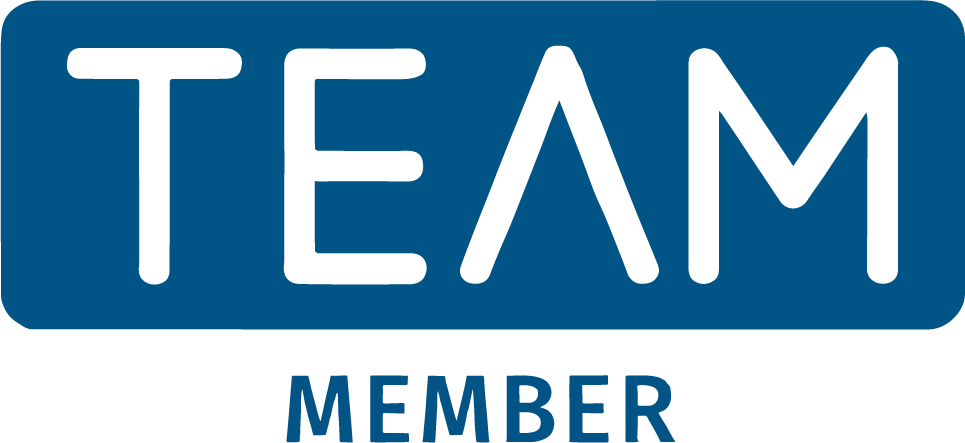30 May 2025
Interviews can be nerve-wracking, even for the most seasoned professionals. But with the right preparation, you can turn the tables and make a lasting impression. Here's a guide to some of the most common interview questions in 2025 and strategies to answer them confidently. 1. Tell Me About Yourself Why they ask: This question helps interviewers get a snapshot of your professional background and how it aligns with the role. How to answer: Craft a concise narrative that highlights your career journey, key achievements, and what brings you to this opportunity. Example: "I'm a marketing professional with over eight years of experience in the recruitment industry. I've led campaigns that increased candidate engagement by 30% and streamlined employer branding strategies. I'm now looking to leverage my expertise in a dynamic environment where I can drive impactful marketing initiatives." 2. Why Do You Want This Job? Why they ask: Employers want to understand your motivation and whether you're genuinely interested in the role. How to answer: Focus on what excites you about the position and how it aligns with your career goals. Example: "I'm impressed by your company's commitment to innovation in recruitment solutions. This role offers the perfect blend of strategic planning and creative execution, which aligns with my passion for developing marketing strategies that resonate with both clients and candidates." 3. What Are Your Strengths and Weaknesses? Why they ask: This question assesses your self-awareness and honesty. How to answer: Choose strengths that are relevant to the job and a weakness that you're actively working to improve. Example: Strength: "One of my key strengths is my ability to analyze market trends and translate them into actionable marketing strategies, which has consistently resulted in increased client engagement." Weakness: "I used to struggle with delegating tasks, wanting to ensure everything was perfect. However, I've learned that empowering my team leads to better outcomes and fosters growth." 4. Describe a Challenge You've Faced and How You Handled It Why they ask: This question evaluates your problem-solving skills and resilience. How to answer: Use the STAR method (Situation, Task, Action, Result) to structure your response. Example: "In my previous role, we faced a sudden drop in candidate engagement. I analysed the campaign data (Situation), identified that our messaging wasn't resonating (Task), revamped our content strategy to focus on candidate success stories (Action), and saw a 25% increase in engagement within two months (Result)." 5. Where Do You See Yourself in Five Years? Why they ask: Employers want to gauge your long-term interest in the role and company. How to answer: Share your career aspirations and how the role aligns with your growth plans. Example: "In five years, I aim to lead a marketing team within a forward-thinking recruitment agency, driving innovative campaigns that set industry standards. This role is a significant step toward that goal." 6. Why Should We Hire You? Why they ask: This question allows you to sell yourself and highlight what sets you apart. How to answer: Summarise your unique qualifications, experiences, and how they align with the company's needs. Example: "With a proven track record in developing successful marketing strategies for recruitment firms, coupled with my passion for connecting talent with opportunity, I'm confident in my ability to contribute significantly to your team's success." Final Thoughts Preparation is key to interview success. By understanding the intent behind common questions and crafting thoughtful responses, you can present yourself as a compelling candidate. Remember to research the company, practice your answers, and approach the interview with confidence. If you are in need of a bit of extra help, reach out . We’ll help you sharpen your story, showcase your strengths, and land the role you’ve been aiming for.








